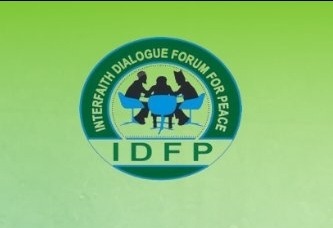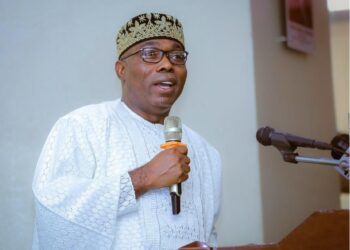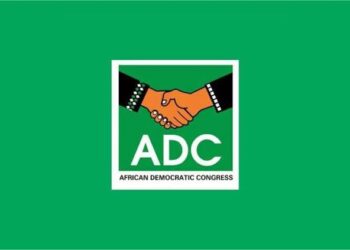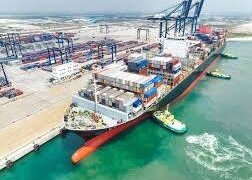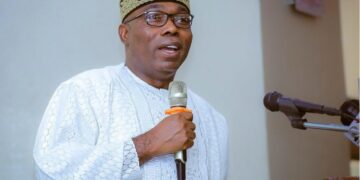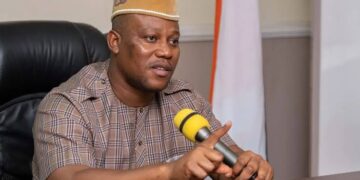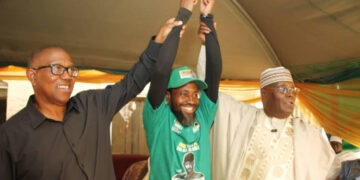The Interfaith Dialogue Forum for Peace (IDFP) has called on President Bola Tinubu to confront Nigeria’s deepening socioeconomic crisis as a vital step toward curbing rising insecurity.
Leaders of the IDFP, a coalition of 120 Christian and Muslim religious leaders, at a press briefing in Abuja on Thursday, warned that poverty, unemployment, and inequality were driving violence, extremism, and youth restiveness.
Rev. Abainitus Akila Hamman, the forum’s Christian Co-Chair, said Nigeria’s worsening security could not be separated from the economic realities facing millions of citizens.
“Behind insecurity lies a deeper socio-economic crisis: rising unemployment, inflation, and unequal opportunities that continue to push millions into despair. Unless addressed holistically, these hardships will remain fertile ground for radicalization, violent extremism, and violent conflicts,” Rev. Hamman stated.
The forum commended the government’s recent success in arresting leaders of the Islamic State in West African Province (ISWAP), however stressed that insecurity extended beyond armed groups.
“It is about the weaponization of Nigeria’s most vulnerable population, which has become a silent enabler of violence, fueling crime, communal clashes, and extremist recruitment.
“Nigeria cannot afford deeper fractures at this critical juncture. What is required now is courageous leadership, rooted in collaboration, compassion, and the protection of every citizen’s dignity,” Rev. Hamman said.
Muslim Co-Chair, Dr. Yussuf Yakub Arrigasiyyu, called on political leaders to rise above divisive rhetoric and focus on development.
“Nigeria’s political discourse is increasingly being reduced to soundbites of division rather than strategies for development. This undermines social cohesion and risks inflaming religious, ethnic, and regional tensions,” he said.
The forum also urged religious and traditional leaders to promote peace and unity.
“Nigeria’s diversity; religious, cultural, and ethnic, should be a source of strength, not division. Religion must not be politicized or manipulated for narrow gains; instead, it should serve as a unifying force,” Dr. Arrigasiyyu stressed.
In their recommendations, the forum appealed to political leaders to tone down divisive rhetoric and pursue inclusive policies. It called on security agencies to intensify peacekeeping efforts and ensure accountability in conflict prevention.
Further, they appealed to faith leaders, traditional rulers, and civil society to build bridges of trust and resist attempts to exploit religion or ethnicity for political gain.


